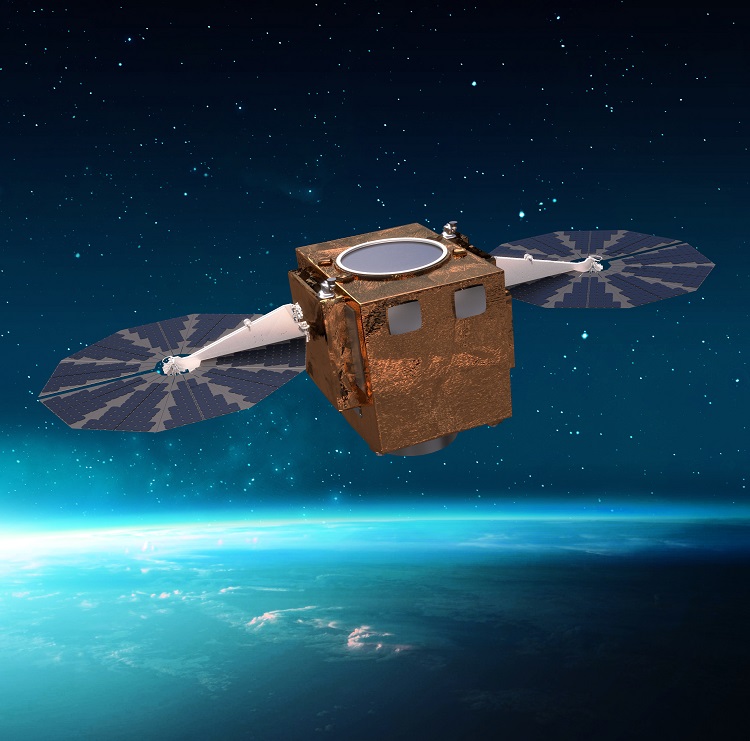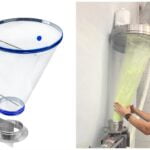Nestlé has recently announced its ambitious plan to grow 200 million trees in the locations where it sources its products. Remedying the impact of greenhouse gases on our planet, Nestlé aims to remove 2 million tonnes of carbon dioxide equivalent from the atmosphere. The global food giant is utilizing Airbus’s 30 cm resolution Pléiades Neo satellites to track the carbon’s removal; Nestlé’s reforestation process is thus transparent to the public and its stakeholders.
The first project will span over two decades in Thailand’s Ranong and Chumphon provinces. There, Nestlé already employs more than 150,000 shade trees to safeguard coffee from over-exposure to the sun. Additionally, these trees take carbon out of the atmosphere. An ‘in-cup profile’ is created as the coffee ripens slower in the shade. As a result, Nestlé can produce even better quality coffee. “For the environment, trees also play a key role in removing carbon from the atmosphere and supporting healthy soil and biodiversity,” said a Nestlé spokesperson.
Since 2010, Nestlé has committed to a deforestation-free supply chain, with 99.1 % of that goal already achieved as of 2022. Satellites, especially the Airbus and Earthworm Starling solution, have played a vital part in Nestlé’s successful bid to reduce deforestation risk. As Nestlé expands its monitoring service, it plans to apply similar technology to increase reforestation. The spokesperson said, “With Pléiades Neo, we are upscaling the monitoring service, applying a similar approach to our reforestation efforts.”
The power of trees is undeniable; reforestation initiatives encompass myriad benefits. Green spaces support biodiversity, enabling the wellbeing of wildlife. Wildlife corridors in coffee or palm oil farms are being restored by replanting native trees, allowing animals to travel more naturally. These trees provide a sanctuary for birds and other natural predators of insects, which reduces the need for harmful insecticide. Reforestation projects thus create a more efficient agricultural production process and help our planet by sequestering carbon from the atmosphere.
Nestlé’s reforestation endeavours are a vital component of its corporate social responsibility goals. The company is tracking its carbon emissions diligently by using satellite technology, thus presenting its efforts to its stakeholders. As Nestlé plants trees close to its sourcing regions, farmers and the environment reap the long-term benefits. Such sustainability initiatives are essential as we mitigate the impact of climate change.




